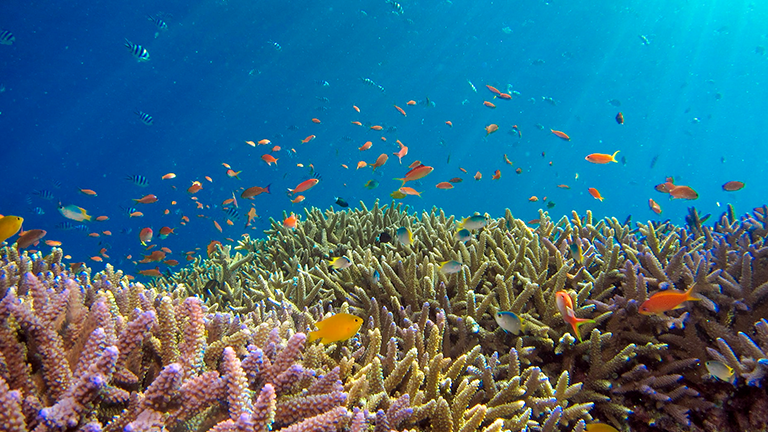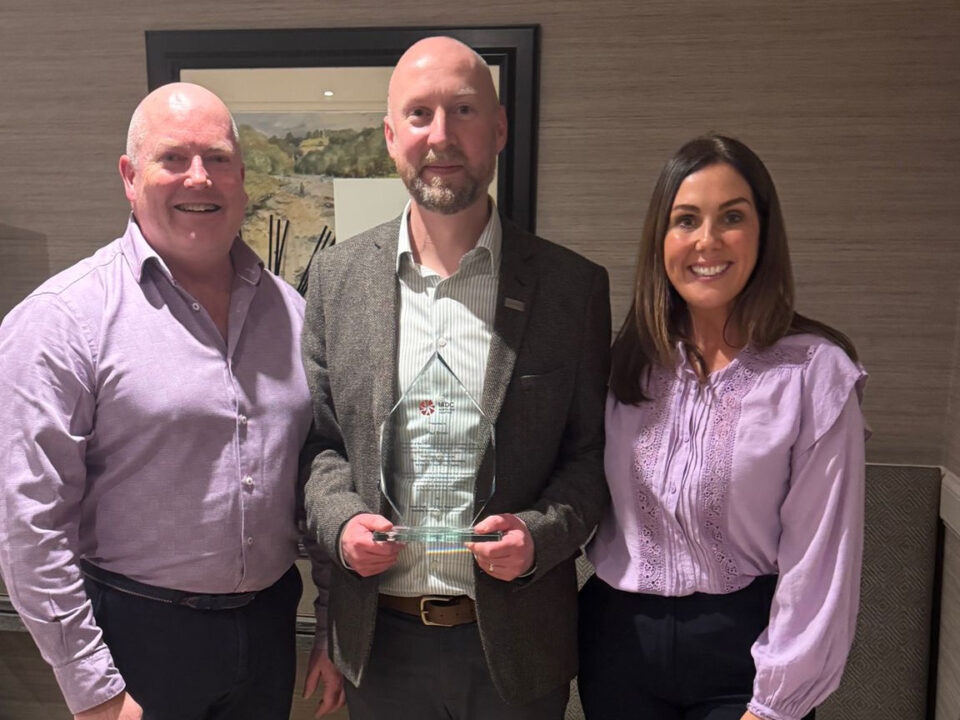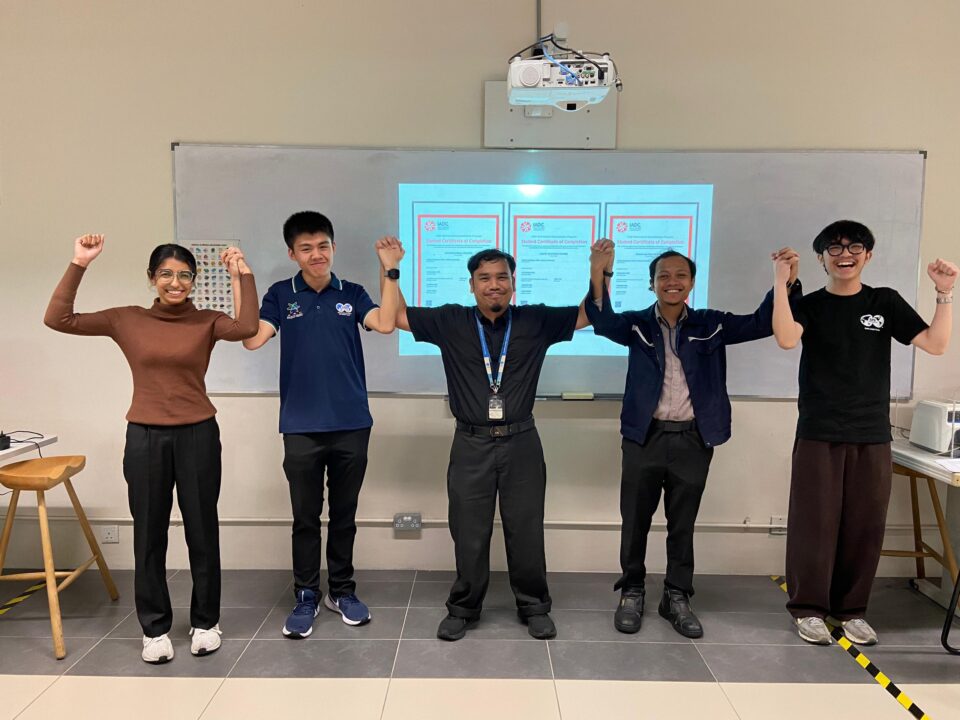The Gulf of Mexico Fishery Management Council (“the Gulf Council”) was established to encourage local-level participation and representation in the development of fishery management plans (FMPs) in the U.S. federal waters of the Gulf of Mexico (GoM). Altogether, there are 7 fishery management plans.
The Essential Fish Habitat (EFH) provisions within the 1996 Magnuson-Stevens Act describe the components of the habitat that are considered essential, including habitat types and distribution, predator-prey relationships, impacts factors resultant from losses, conservation, & enhancement efforts, and recommendations to minimize impacts from non-fishing threats.
Recently, the Gulf Council began their initial phase of development involving a public comment period pertaining to the Generic EFH Amendment for Modifying All Gulf of Mexico Fishery Management Plans (Amendment 5).
Along with the Offshore Operators Committee (OOC), IADC joined API, National Offshore Industries Association (NOIA), Louisiana Midcontinent Oil & Gas Association (LMOGA), and the International Association of Geophysical Contractors (IAGC) to express a shared concern for amendments to be developed related to the accounting and assessment of non-fishing activities in the GoM when engaging Gulf Council habitat initiatives. Specifically, the resulting joint trades letter of these interested parties convey a concerted interest to ensuring that regulatory impact reviews thoroughly consider the variety of marine and subsea activities that currently exist in the U.S. Gulf of Mexico.
The following recommendations are proposed in the joint letter to the Gulf Council:
- That the GoM Fisheries Management Council include a more comprehensive analysis of the potential impacts to offshore energy development that includes better planning and collaboration with potentially impacted stakeholders
- Include BOEM consultation to ensure potential impacts to offshore energy development are reasonably considered
- Ensure the Council weighs the cumulative impacts to all uses of the GoM for any fishing management regulatory amendments being considered
The other related issue addressed in the letter involves the strategy for protection of GoM deep coral reefs. The collective recommendation by the associations to address this issue is to:
- Ensure any forthcoming plans be developed with input from all GoM stakeholders and based on the best available scientific and economic information
The final concern expressed in this letter is that the Essential Fish Habitat (EFH) Amendment that provides for habitat mapping in the GoM be reliant on the most up-to-date research and technical information so as to avoid erroneous assessments that would unnecessarily impinge on other GoM uses.
IADC issued a media release on this joint trades concern regarding the open comment period for the Essential Fish Habitat (Amendment 5) provisions. IADC President Jason McFarland issued a statement in response:
“The Gulf of Mexico is an important resource for oil and gas production and one that helps fuel the economy. Efforts that restrict oil and gas activity in this region also harm local economic development, eliminating hundreds of thousands of jobs and destroying businesses. IADC continues to support policies that enable safe and efficient drilling activities and urges the Council to perform a thorough analysis of the potential impacts to offshore energy development to avoid unnecessarily impeding development activities.”





